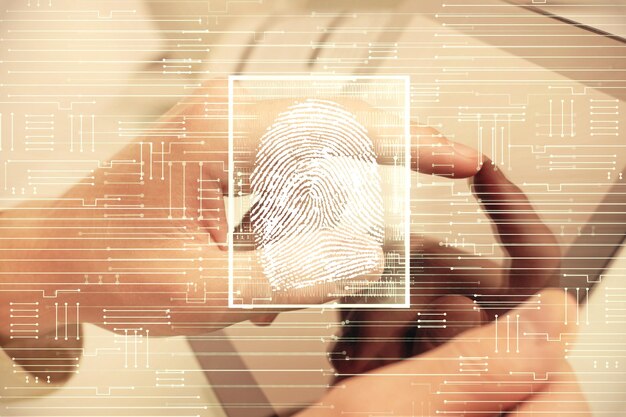How to Become a Fingerprint Technician: Degrees and Certifications Needed
Becoming a fingerprint technician offers an exciting career path within the field of forensic science, combining keen analytical skills with cutting-edge technology. While a specific degree is typically not required to enter the field, pursuing relevant education can set candidates apart in this competitive arena. Most aspiring fingerprint technicians start with a degree in criminal justice, forensic science, or a related field, where they acquire essential foundational knowledge. Additionally, formal training programs offered by law enforcement agencies or technical schools provide practical experience and technical know-how critical for mastering fingerprint analysis. Certifications from recognized organizations, such as the International Association for Identification (IAI), further endorse one's expertise and commitment to specializing in fingerprint analysis.
Staying aligned with industry standards often means engaging in continuous professional development. Fingerprint technicians benefit from workshops and short courses that enhance both their skills and their resumes, underscoring an ongoing dedication to excellence. As demand for forensic analysis professionals grows, obtaining a mix of degrees, certifications, and practical experience becomes increasingly vital to a successful career in fingerprint technology.
Suggested Educational Pathways and Certifications
-
🎓 Degrees:
- Criminal Justice
- Forensic Science
- Biology or Chemistry (emphasizing laboratory skills)
-
📜 Certifications:
- International Association for Identification (IAI) Certified Latent Print Examiner (CLPE)
- Crime Scene Investigator Certification
-
🏫 Training Programs:
- Law enforcement agency training sessions
- Technical school workshops in forensic technology
